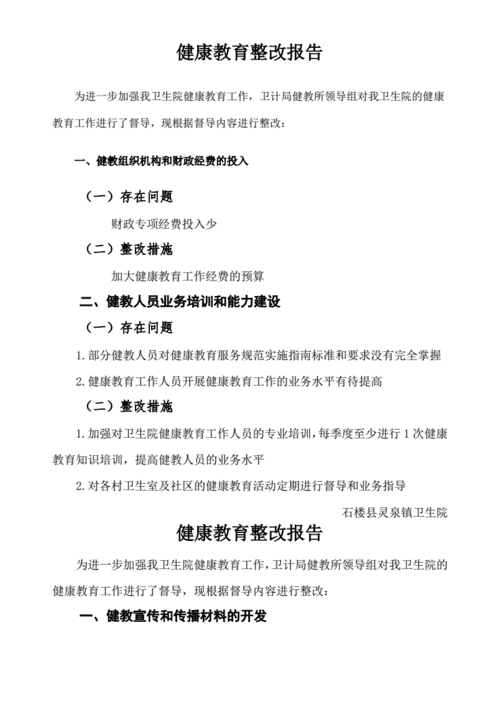The Health Hazards: Understanding and Mitigating Harmful Effects
Health hazards refer to substances, activities, or situations that pose a risk of harm to human health. Identifying and understanding these hazards is crucial for maintaining a healthy lifestyle and preventing illnesses or injuries. Here, we delve into some common health hazards and provide guidance on how to mitigate their harmful effects.
Air pollution, caused by emissions from vehicles, industries, and other sources, can have severe health impacts, including respiratory problems, cardiovascular diseases, and even premature death. To reduce exposure, individuals can use air purifiers indoors, avoid outdoor activities during high pollution days, and support policies aimed at reducing emissions.
Cigarette smoking is one of the leading causes of preventable death worldwide. It is linked to various health issues such as lung cancer, heart disease, and stroke. Quitting smoking and avoiding exposure to secondhand smoke are essential for safeguarding health. Support groups, nicotine replacement therapy, and counseling can aid in smoking cessation.
A diet high in processed foods, sugar, and unhealthy fats contributes to obesity, diabetes, heart disease, and other chronic conditions. Adopting a balanced diet rich in fruits, vegetables, whole grains, and lean proteins is key to maintaining good health. Nutritional education and meal planning can help individuals make healthier choices.
Prolonged sitting and lack of physical activity increase the risk of obesity, diabetes, musculoskeletal disorders, and mental health issues. Incorporating regular exercise into daily routines, such as walking, cycling, or yoga, is essential for staying active and reducing health risks. Setting achievable fitness goals and varying activities can make exercise more enjoyable and sustainable.
Chronic stress can negatively impact both physical and mental health, leading to conditions like hypertension, depression, and insomnia. Practicing stress management techniques such as mindfulness, deep breathing, and time management can help alleviate stress. Seeking support from friends, family, or professional counselors is also beneficial.
Excessive alcohol consumption and substance abuse can result in addiction, liver disease, mental health disorders, and accidents. Limiting alcohol intake, avoiding illicit drugs, and seeking treatment for substance abuse disorders are crucial steps towards recovery and improved health. Support groups and therapy can aid in overcoming addiction.
Toxic chemicals found in household products, pesticides, and polluted water can pose health risks, including cancer, reproductive issues, and neurological disorders. Using natural or ecofriendly products, properly disposing of hazardous materials, and advocating for clean water and air policies are ways to minimize exposure to environmental toxins.
Insufficient sleep or poor sleep quality can weaken the immune system, impair cognitive function, and increase the risk of accidents and chronic diseases. Establishing a consistent sleep schedule, creating a comfortable sleep environment, and practicing relaxation techniques before bedtime can promote better sleep hygiene.
Recognizing and addressing health hazards are essential steps towards maintaining overall wellbeing. By adopting healthy habits, seeking support when needed, and advocating for environmental and social changes, individuals can reduce their risk of illness and lead happier, healthier lives.

Remember, prioritizing health is an investment in a brighter and more fulfilling future.











